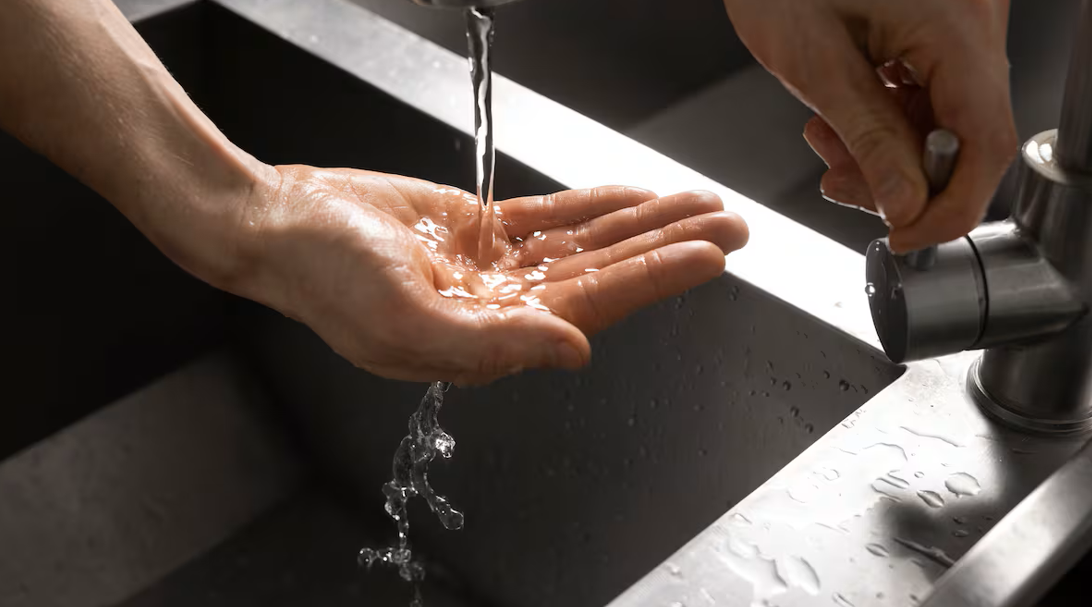
What Happened in Saint-Louis?
On April 25, 2025, local authorities in the Haut-Rhin department issued a precautionary ban on tap water use for drinking and preparing baby formula in parts of the Saint-Louis Agglomération region. This decision was made jointly by the Prefect of Haut-Rhin, the ARS Grand Est health agency, Saint-Louis Agglomération, and the utility company Veolia.
The ban took effect on May 5, 2025, impacting 11 communes:
Bartenheim, Blotzheim, Buschwiller, Hégenheim, Hésingue, Huningue, Kembs, Neuwiller, Rosenau, Saint-Louis, and Village-Neuf.
Who Is Affected?
The water restriction applies specifically to vulnerable groups including:
-
Infants under 2 years old
-
Pregnant and breastfeeding women
-
Individuals with weakened immune systems, such as transplant recipients, chemotherapy patients, and those with chronic illnesses
-
Very frail elderly people
For the rest of the population, tap water remains safe for cooking, washing produce, hygiene, and irrigation, but not recommended for drinking.
Why Was the Ban Enacted?
The culprit is PFAS—a group of man-made chemicals often called “forever chemicals” due to their persistence in the environment and human body.
Testing revealed PFAS levels in the drinking water exceeding the regulatory limit of 0.1 µg/L by up to four times in several areas. Approximately 75% of the agglomeration’s water supply was contaminated.
The source? PFAS-containing firefighting foams used for decades at the nearby Basel-Mulhouse-Freiburg EuroAirport, which stopped using them only in 2017.
What Actions Are Underway?
Interim Measures
-
Mobile water treatment units with activated carbon filters will be installed by the end of 2025 to reduce PFAS levels temporarily.
Long-Term Solutions
-
Three permanent treatment plants are planned, with expected completion by 2027.
-
Estimated costs:
-
€6.5 million for mobile units
-
€13.5 million for permanent plants
-
€600,000 per year for ongoing operations
-
-
Total investment: approximately €20 million
-
Water rates may increase starting 2026 to cover these costs unless external funding is secured.
Financial Support
-
Vulnerable residents are eligible for €80 vouchers, covering about 2 liters per day of safe water, available until December 31, 2025.
Communication
-
Veolia established a dedicated toll-free helpline to support residents with questions and concerns.
-
Notifications were initially sent by mail in January 2024, with restrictions enforced following scientific recommendations.
Broader Implications and Public Reaction
This incident marks France’s largest-ever drinking water restriction, sparking concerns nationwide and across Europe. Residents and activists are demanding the EuroAirport accept financial responsibility, improve transparency, and provide ongoing monitoring and compensation.
PFAS contamination is a growing European issue, with the EU set to enforce stricter limits starting in 2026. Blood tests from some residents revealed some of the highest PFAS levels recorded nationally, raising fears of long-term health consequences exceeding thresholds recommended by the European Food Safety Authority.
Conclusion
The Saint-Louis tap water ban serves as a critical wake-up call about the widespread risks posed by PFAS contamination. While interim and long-term solutions are underway, the incident underscores the urgent need for stringent environmental protections and accountability for chemical pollution.
 Arun Sharma
Arun Sharma